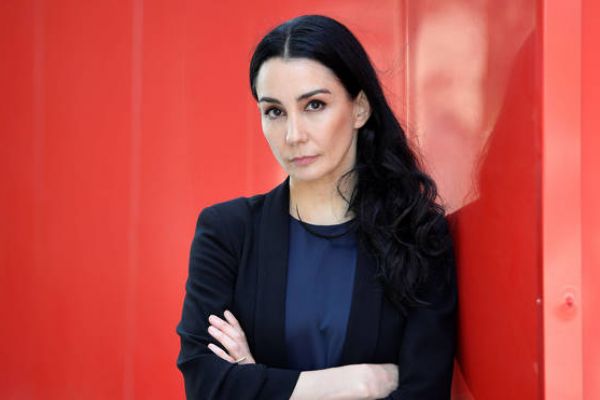The UK’s future as a major center of culture, according to English National Ballet’s departing artistic director Tamara Rojo, worries her. One of the biggest names in ballet claims that moving the capital’s arts funding elsewhere is “punishing” the city and will not benefit anyone.
She alleged “simplistic” decision-making by Arts Council England. According to the council, its goal is “to ensure a more equitable spread of funding across the entire country.”
The government gave the development agency instructions to relocate taxpayer-funded investment outside of London. It just disclosed a £446 million package for the following three years for England’s cultural institutions.
The provision of culture outside of London receives an additional £43 million annually. However, millions of dollars have been taken away from some of the capital’s most renowned organizations, and some have lost all Arts Council funding.
While the government continues to fund cultural institutions like the Royal Philharmonic Orchestra and Royal Shakespeare Company, culture secretary Michelle Donelan stated that “this announcement will see organizations in places all too often overlooked get the support they need to transform access to the arts for everyone.”
Rojo, though, worries that the UK’s cultural hegemony is in danger. The English National Ballet, where she has been a director for 10 years, will lose 5% of its revenue when she departs this week for San Francisco Ballet.
Rojo stated that she was in favor of increased investment nationwide, but not “at the expense of London,” adding that this would not benefit the UK.
According to the renowned Spanish dancer, capital city cultural institutions foster creativity and promote wealth, cohesion, identity, investment, and tourism.
“I’m not certain that penalizing London will benefit anyone else,”
According to Arts Council England, London will still receive a third of the total amount announced.
Over 25 years ago, Tamara Rojo traveled to the UK as an undiscovered dancer. In her roles as principal first at the Royal Ballet and then the ENB, she developed into a mesmerizing box office draw.
Her big break came in 2000 when she filled in for a hurt Darcey Bussell in London’s Covent Garden production of Giselle. Rojo became famous, and she was frequently likened to Margot Fonteyn.
But in her final week at ENB, perhaps feeling more at liberty to voice her opinions, she claimed that she thought current immigration laws might have made it impossible for her to enter the country.
She is “very grateful” to the UK because “Britain opened its arms to a Spanish immigrant who didn’t speak any English,” which is why “everything that my career has given me has been because of that.”
Now she is concerned that the same 28-year-old would require a visa under post-Brexit regulations that forbid freedom of movement from the EU.
The English test would not have passed by me. And I wouldn’t have had the points [to get a visa] because I hadn’t yet accomplished anything.
Some might argue that she could have been replaced by a British-born talent or that Rojo would not have had any trouble finding employment in the UK after becoming a prima ballerina.
It is impossible to know if she would have felt loyal enough to stay in the UK for nearly 30 years or if she would have used her creative talent to enhance English National Ballet on stage and as its artistic director for more than ten years.
Rojo has popularized ENB and supported the choreography of female artists. Her interpretation of Raymonda, her first full-length ballet that she choreographed, is currently on tour and will stop in Bristol this week and Southampton the following.
Rojo will lead San Francisco Ballet for the first time. She has already taken off her ballet slippers and has vowed not to give in to temptation. She no longer follows the demanding daily fitness regimen that dancing required of her, age 48.
Isaac Hernández, a Mexican dancer, and she have a small boy together.
“I’ve promised my partner I’ll eat anything I want and do nothing for the next two years. I’ve been dancing for 43 years—since I was five years old—and I need a break from the routine.
I’m truly relishing my inactivity.
But she does offer everyone a piece of advice on exercising. Always the core, that’s what it is. You’ll spare yourself a great deal of backache.
She then turns around and enters the Bristol Hippodrome once more. She may only have a few days left on the job, but she still needs to run the rehearsal.
Also Read: M. Shadows Married His Wife After A 6th-Grade Romance




